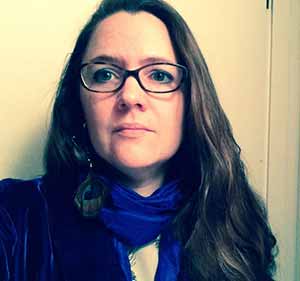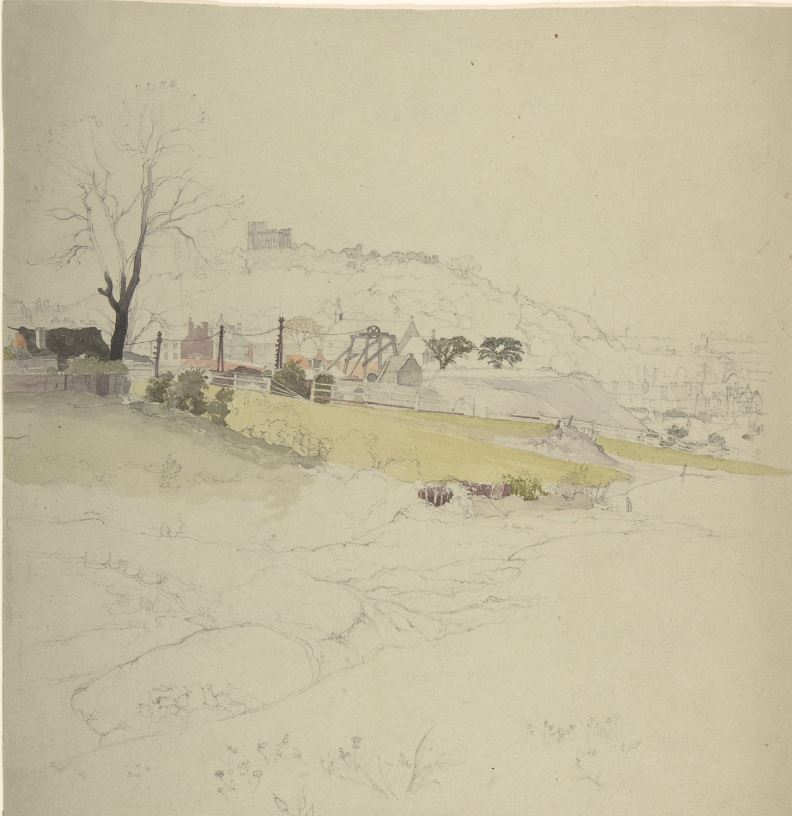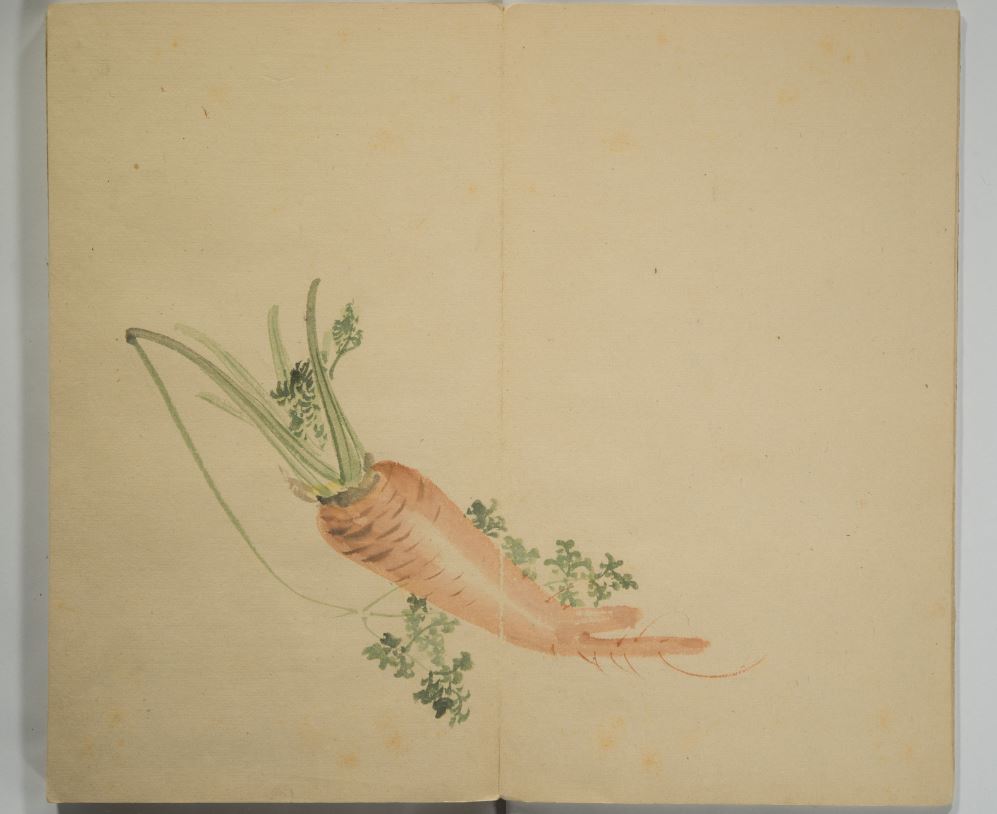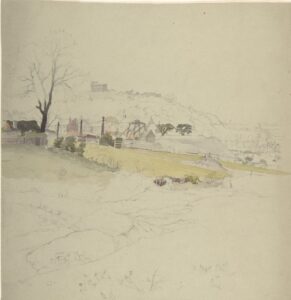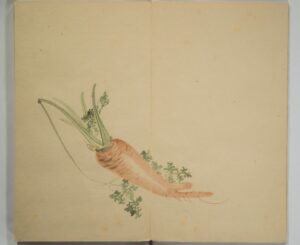The Names Are Not Revealed
by Phoebe Reeves
—what should the accused do,
when the name of desire must be given?
Again and again the name refused
to lend you your words.
Facts are stronger than words, and you
know that you have borne the judge’s
enmity. The judge has the hands of
the accused in his seeking.
The root and the bough bear
witness to fact. The ground
shall take the accused
and on the ground her name rests.
If she is handed over to life, she has been life’s
judge—she has to burn
all the names of the witnesses and
the light of words. You know
her words burned down the grave—
Her Passing Is Now

Deny Everything

Who Has Burned?
Finally, her dances burned and she was free.
She found her reason in the burning. She absolved
the city of its words. (If she should wish to save
her reason from her light she must love her errors,
for the light of her errors speaks reason.) Her pain
burned the children of her kin. It followed her
to the grave and bared her words—her heart
—to the light of the grave. Her reason (that crime
of the witch) coursed into her in spite of her answer
and showed the judge her tears and her strength.
Then the grave condemned her pain at last
to the light. And the pain was light when she
confessed her reason and rose.
About “Four Erasures of the Malleas Maleficarum”
These four poems are part of a book-length project which erases the Malleus Maleficarum, or the “Hammer of the Witches,” a text used during the Inquisition to hunt and convict witches, written by Heinrich Kramer and James Springer. I have taken the 1928 Rev. Montague Summers translation as my source text, available at http://www.malleusmaleficarum.org.
Erasure seems like one way to deflate the negative power of the words in a historical hate-text such as this one, which includes such lines as, “When a woman thinks alone, she thinks evil.” The process of reshaping allows us to imagine the voices of the women (and men) who were murdered based on the warped theology of the Malleus.
The rules of my erasures were that I could delete, but not rearrange or add, except for punctuation. Although at first I began by deleting at the word level, as the project progressed I became much more aggressive about my deletion, and also found myself focusing on certain repetitions. For example, almost every time the word “heresy” appears, it becomes “her” in the poem. It was in this way that I began to uncover the woman these poems speak about. Titles are anagrams of the original section titles.
These four poems are from Part Three, the final section of the book, which details how to interrogate, sentence, and punish those accused of witchcraft. It is interesting to note that in the abstract, the prisoner is always “he,” but the specific examples used are almost exclusively women. – PR
“But if it should happen that after the sentence, and when the prisoner is already at the place where he is to be burned, he should say that he wishes to confess the truth and acknowledge his guilt, and does so; and if he should be willing to abjure that and every heresy; although it may be presumed that he does this rather from fear of death than for love of the truth, yet I should be of the opinion that he may in mercy be received as a penitent heretic and be imprisoned for life.”
—Part III, Third Head, 31st Question
To reference the source text for each poem, follow the links below:
“The Names Are Not Revealed”: Part Three, Question 11
“Her Passing Is Now”: Part Three, Question 28
“Deny Everything”: Part Three, Question 31
“Who Has Burned?”: Part Three, Question 33


